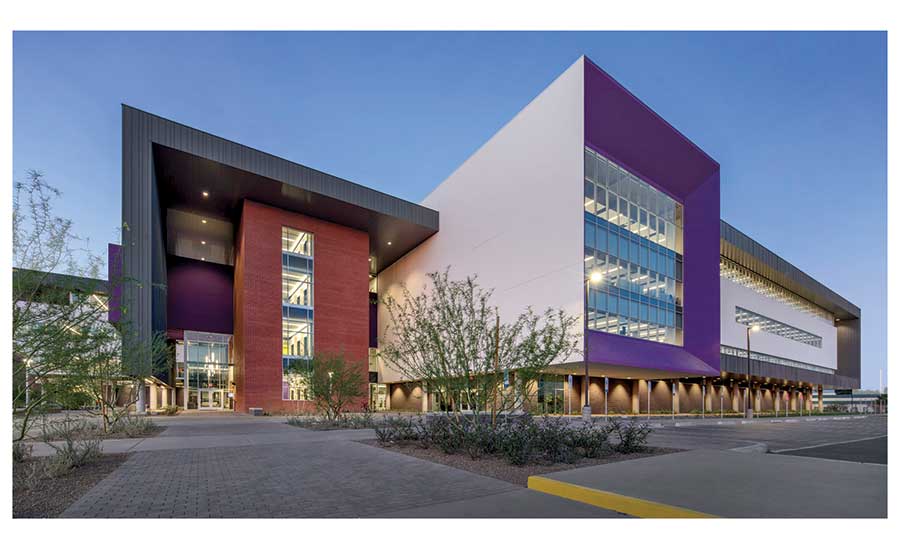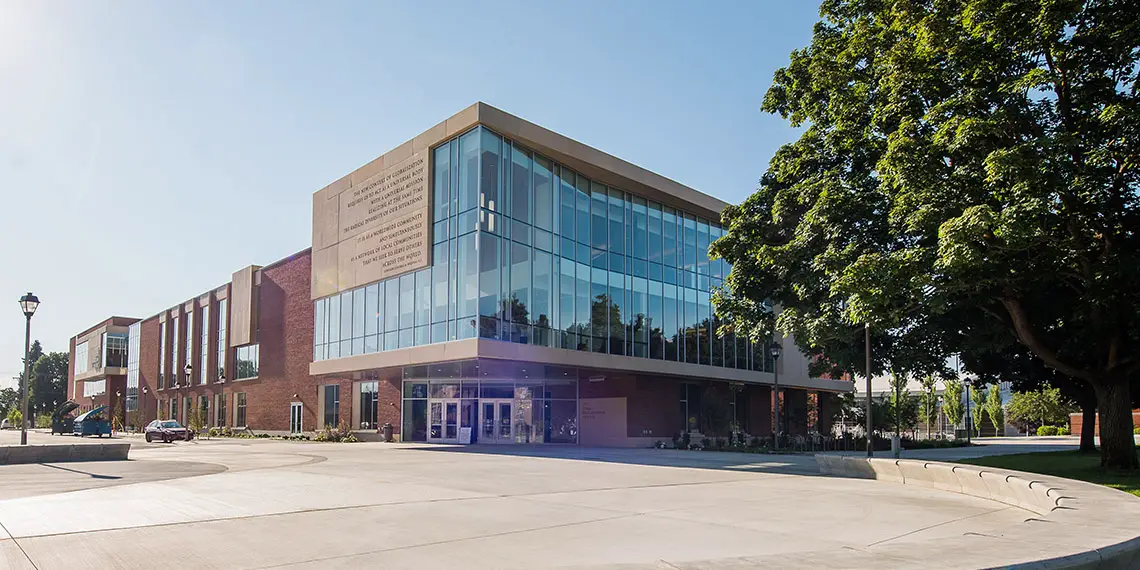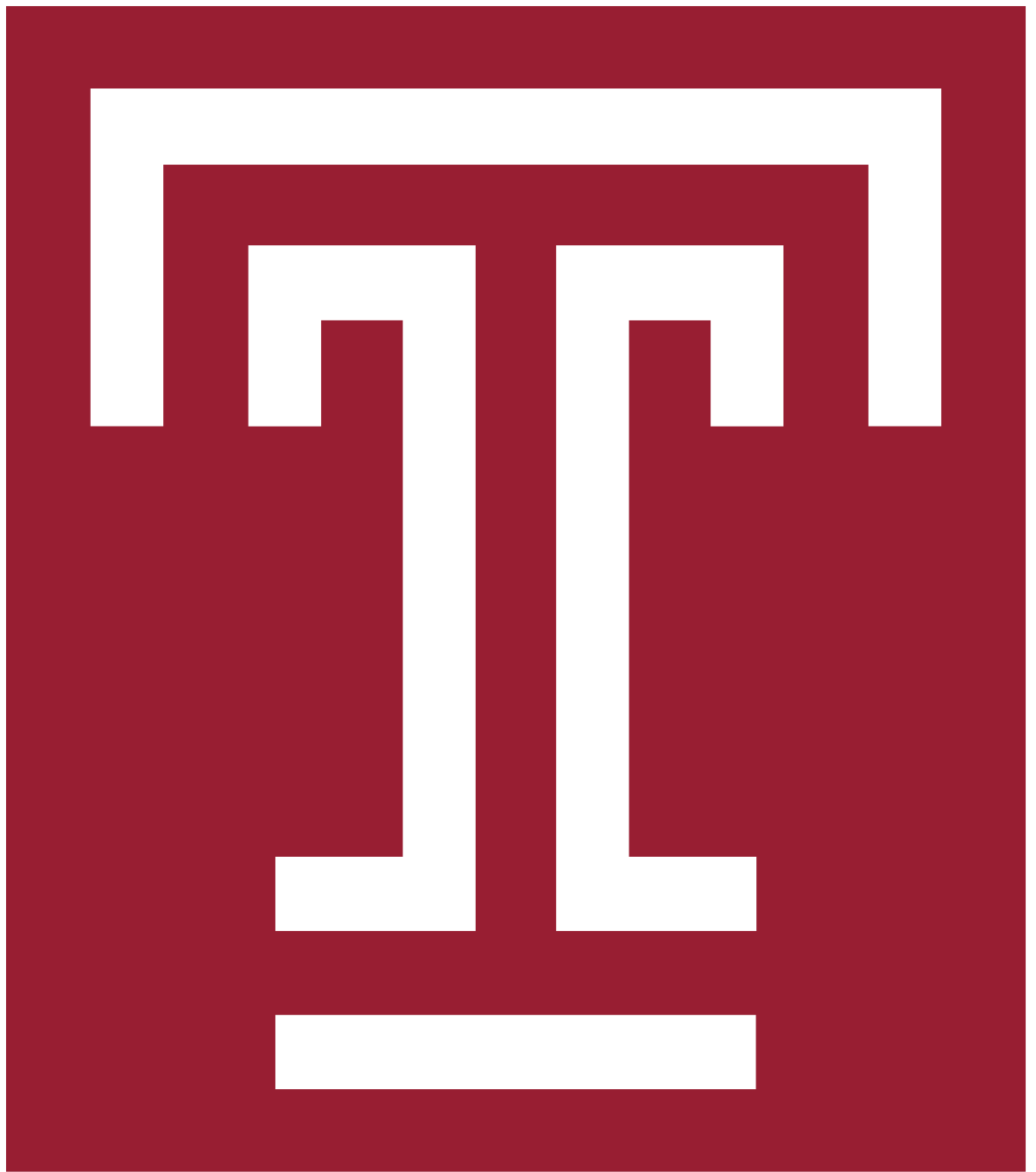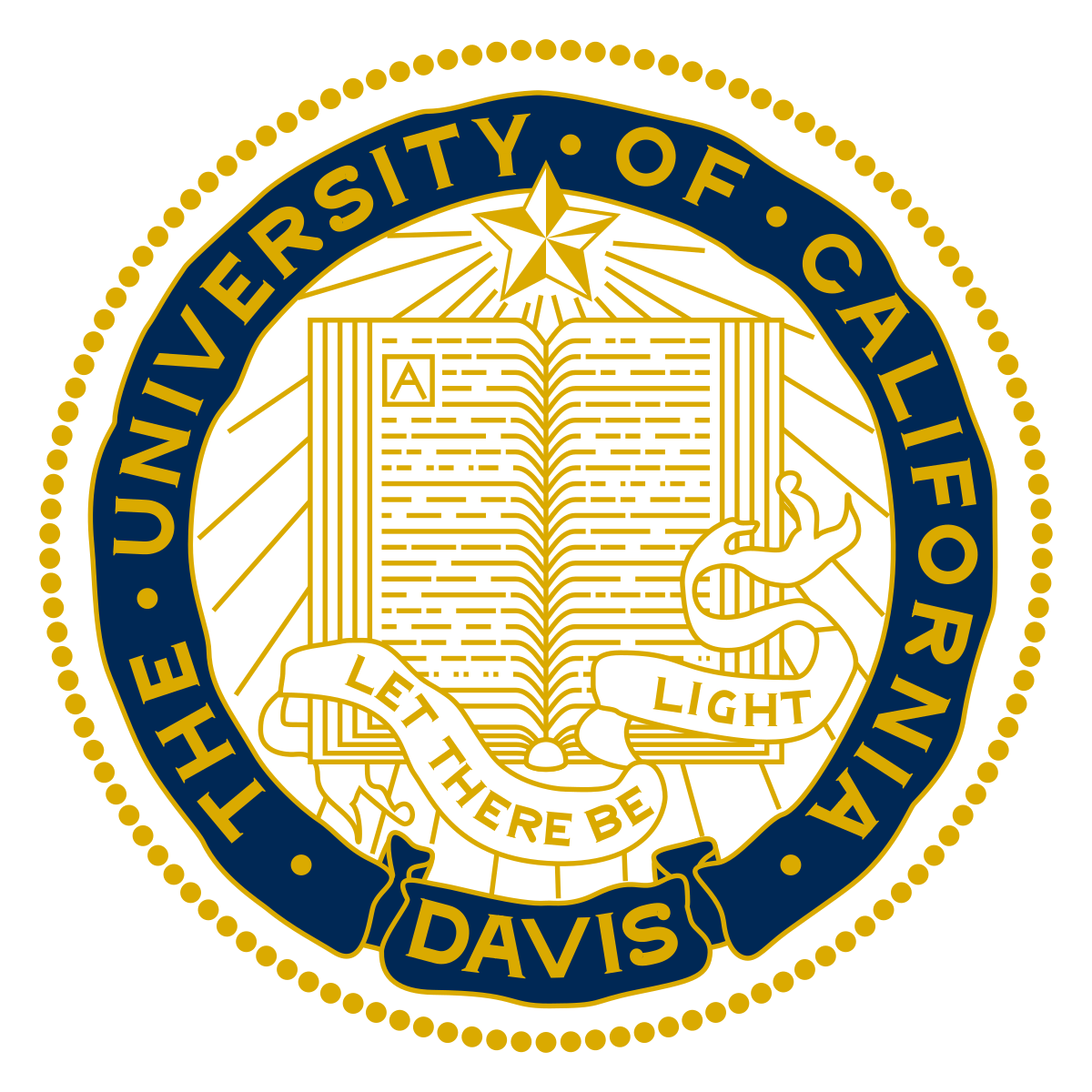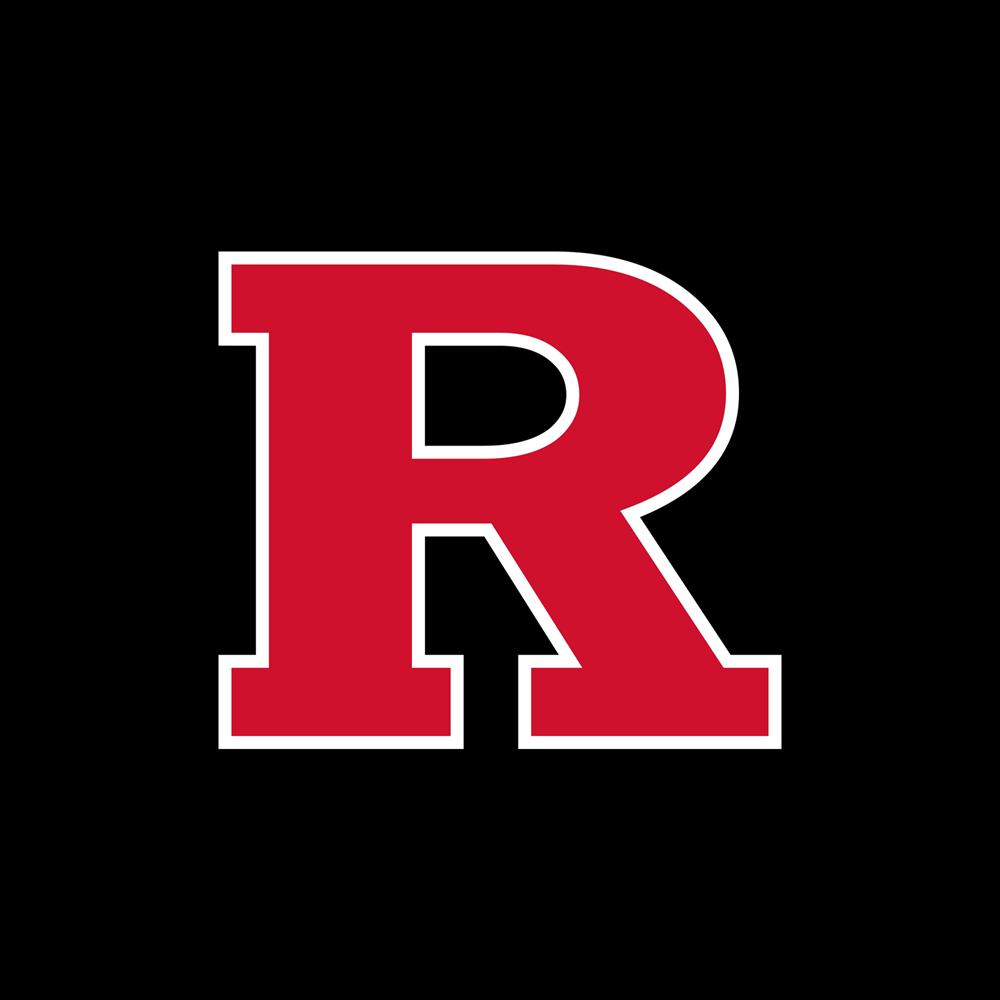TCU (Texas Christian University) Mission and Vision Statements Analysis

TCU mission statement is “to educate individuals to think and act as ethical leaders and responsible citizens in the global community.” This statement seeks to preserve a legacy associated with TCU since 1869 – that of prioritizing the intellectual learning and development of its students’ characters. It has the following parts:
- Improving lives
- Improving communities
TCU (Texas Christian University) satisfies the first component by ensuring that it organizes its academics in such a way that they offer all its prospective students an opportunity to gain from TCU resources. To maximize learning, TCU limits the ration of the student to faculty at around 13:1, which increases the interaction and understanding of the needs of all parties. It also promotes the teacher-scholar programs to prioritize tapping on the strengths of each learner, and this creates qualifies professionals. Graduating such individuals directly contributes to the wellness of the communities as TCU scholars become innovators, researchers, and other impactful individuals in the societies as shown in the second component.
Introduction
Texas Christian University (TCU) is a unique private-based learning facility that has earned itself recognition as a top institution not only in Texas but also in the U.S. TCU, as led by its mission and vision statements has set incredibly high standards with its approach to higher education. The role of its corporate statement affirms their importance in sparking growth in an organization. A corporate vision statement ideally establishes a future status for a company, while a corporate mission statement reveals the processes that a firm can implement to realize the set accomplishments.
In this case analysis, the vision statement of TCU lays emphasis on the leadership as a provider of the best learning experiences to its students. The mission statement, on the other hand, is all about the process of establishing a credible organization. TCU has made significant strides in this journey due to the additional support it draws from its core values. They complement the mission and vision statements to create a holistic institution.
Vision Statement
TCU vision statement is “to be a national leader in research, teaching, and student engagement that promotes a diverse, equitable and inclusive campus.” The statement underscores the determination of this institution to maintain its position in the industry. It has the following components:
- Be a leader
- Promote a unique campus
The first component proves that TCU (Texas Christian University) is determined to lead from the front in everything. Its organization, allocation of resources, and other strategic plans are evidence of its leadership prowess. The second component goes on to reveal TCU as a home where all students can achieve their dream. There is so much to benefit from including the programs and an inspiring community.
Core Values
TCU core values comprise “dignity and respect, personal freedom, artistic and creative expression, intellectual inquiry and academic and personal achievement.” These values guide the operations of this institution.
As a learning facility, TCU understands the need to stimulate a healthy culture in all its stakeholders, including the students. Its core values have been invaluable in realizing this objective.
References
- Bowen, S. A. (2018). Mission and vision. The International Encyclopedia of Strategic Communication, 1-9.
- Cueva, S. (2019). Inspiring Others with a Vision, Mission, and Values. International Bulletin of Mission Research, 2396939319837840.
- Dermol, V., & Širca, N. T. (2018). Communication, company mission, organizational values, and company performance. Procedia-Social and Behavioral Sciences, 238, 542-551.
- Kreutzer, R. T. (2019). Vision, Mission and Goals. In Toolbox for Marketing and Management (pp. 33-48). Springer, Cham.
- Moye, J. N., & Moye, J. N. (2019). Creating Shared Mission, Vision, and Values’. A Machine Learning, Artificial Intelligence Approach to Institutional Effectiveness in Higher Education. Emerald Publishing Limited, 15-29.
- Stowe, C. R., & Lahm Jr, R. J. (2011). A framework for installing innovation into a small enterprise. Southern Business Review, 36(2), 25.
- TCU – About.
